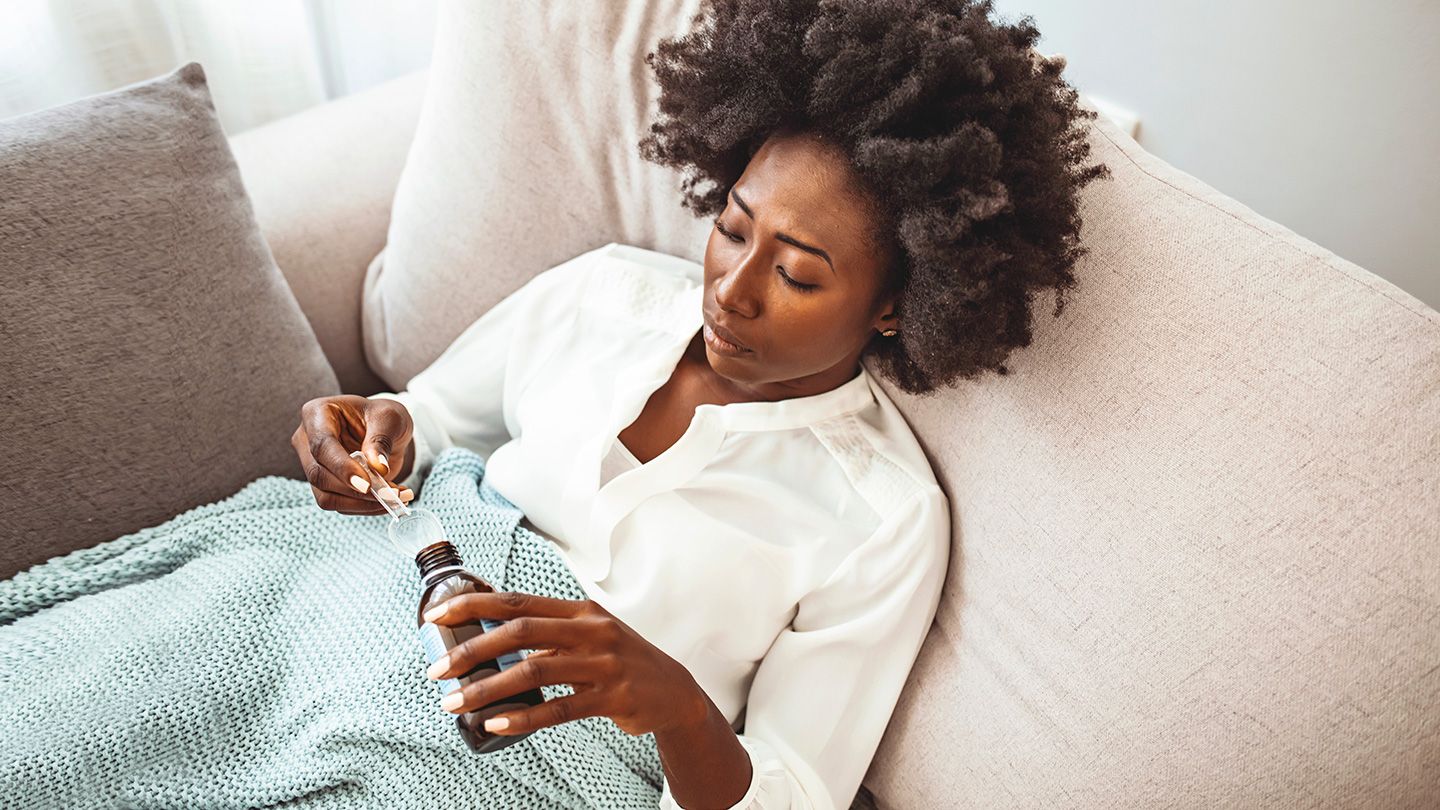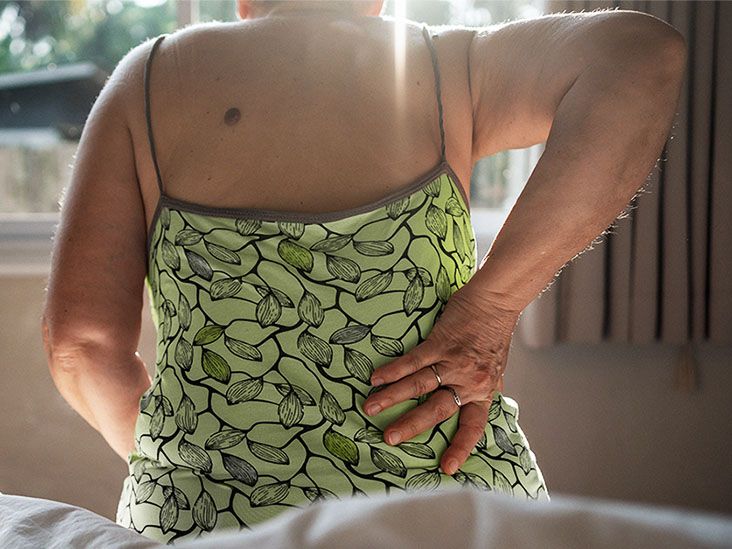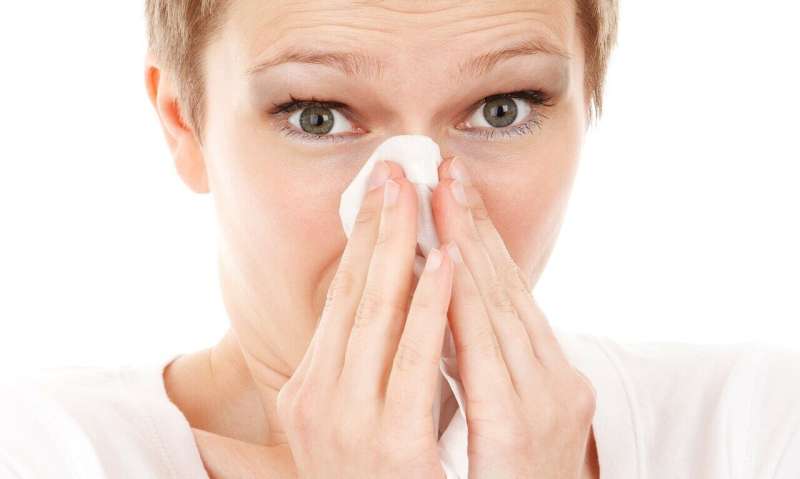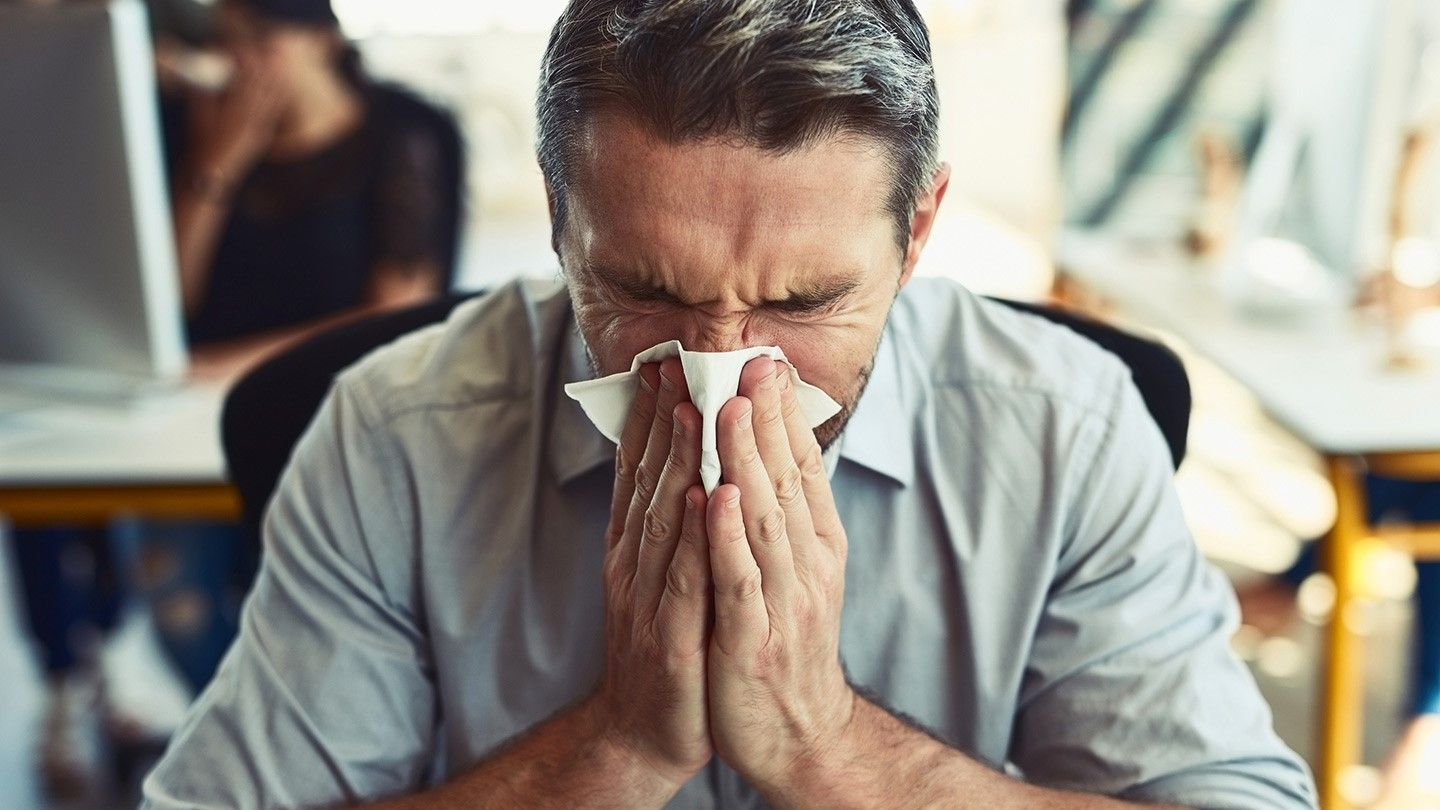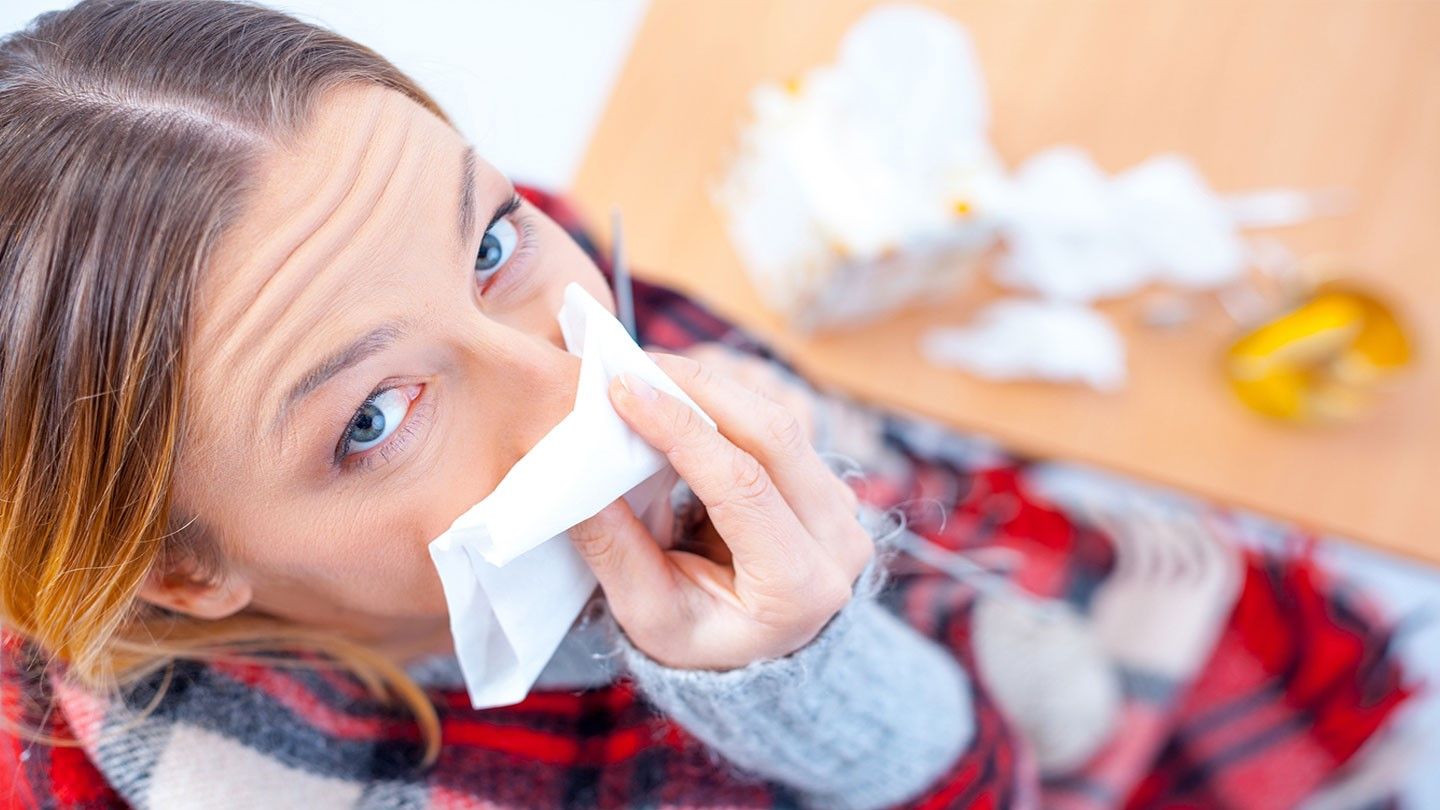How Your Body Handles Colder Weather
When the temperature starts dropping, your body goes through physical adjustments to handle the shift. Some people thoroughly enjoy crisp, cold days. But for others, plummeting mercury readings on the thermometer can spell misery.
Understanding Your Body's Response
Exposure to chilly conditions triggers several physiological reactions. These represent your body's attempts to conserve heat so your core temperature doesnt take a dangerous plunge. Responses include:
- Reduced blood flow to the skin and extremities
- Increased muscle tension to generate warmth
- Rising blood pressure
- Faster breathing
Who Feels the Effects of Cold More?
While everyone reacts to drops in temperature, some groups tend to be more vulnerable. Those especially sensitive to cold include:
- Older adults
- Very young children
- People who are underweight
- Individuals with health conditions like Raynaud's syndrome or anemia
- Those taking certain medications, like beta-blockers
How Colder Weather Impacts Your Immune Defenses
There's a good reason people tend to get sick more often during the colder months. Chilly air causes changes to your immune defenses that leave you more prone to viruses.
Cold Exposure and Immunity
One study had participants sit with their bare feet in 53 degree water. Blood tests revealed the cold exposure caused:
- Lower white blood cell count
- Reduced immune proteins
- Less diverse gut microbes
This demonstrated that even mild cold exposure suppresses your immune function. Researchers theorize several mechanisms may be at play.
How It Increases Infection Risk
Doctors aren't entirely sure why cold leaves you more susceptible to bugs. But some explanations for the connection include:
- It directly inhibits certain immune cells
- Your body burns energy keeping warm vs. powering immunity
- Breathing cold, dry air dehydrates airway membranes
- Blood vessel constriction slows immune cell delivery
But essentially, cold diverts resources away from your infection-fighting defenses. This creates an opening for viruses to more easily take hold.
Why Dry Indoor Air Promotes Winter Illness
Frigid conditions arent the only weather-related factor that helps winter viruses spread. Lower indoor moisture also plays a role in getting sick more often when it's cold out.
The Winter Virus Transmission Connection
Research clearly shows certain viruses transmit better when the air lacks humidity. For example, low moisture helps the flu virus remain infectious longer as fine droplets float through the air after a sneeze or cough.
This effect gets amplified indoors. Heating systems take already cold, dry outside air and warm it up. Warm air holds less water, further lowering indoor humidity.
Relieving Dry Indoor Air Issues
Luckily, some simple steps can help counteract winter's impact on room humidity:
- Use humidifiers to add moisture back
- Have houseplants - they increase humidity through transpiration
- Cook soup and stews more to add water vapor
- Take steamy showers without fully venting afterward
Taking humidity readings inside can confirm levels stay around a comfortable 40-50%. This makes conditions less friendly for viral spread.
Tips to Stay Healthy Despite Colder Temps
While you can't change the weather, utilizing some cold coping strategies can help minimize sickness risk.
Ways to Support Your Immunity
Proactively bolstering your defenses offers protection against winters immune suppression effects. Tips include:
- Eat immune boosting foods like citrus, yogurt, garlic
- Stay hydrated since cold air dehydrates membranes
- Take Vitamin D to compensate for less sun exposure
- Get enough sleep to help infection-fighting cells recharge
- Avoid excessive alcohol intake which slows immunity
Habits that Limit Virus Spread
Making your environment less hospitable cuts down on exposure opportunities. Recommendations include:
- Disinfect frequently touched surfaces like light switches, remotes, phones
- Wash hands often using warm water and rubbing for 20+ seconds
- Cough/sneeze into your sleeve rather than hands
- Avoid crowds as much as possible during peak cold and flu season
Combining healthy daily habits with conscious indoor air quality improvement reduces wintertime illness likelihood.
What to Do if You Get Sick Despite the Cold
Even if you follow smart winter health habits, sometimes colds and flu still manage to catch you. Having an action plan ensures you get back on your feet quickly.
Caring For Yourself When Sick
Focusing on rest and recovery shortens infection duration and intensity. Tips for self care include:
- Drink extra fluids like water, broths, herbal tea
- Get lots of sleep to allow healing
- Eat nutritious foods like soups, yogurt, fruits and vegetables
- Take OTC medications to relieve unpleasant symptoms
- Avoid rigorous exercise to keep your energy for healing
Knowing When to Get Medical Care
Most minor respiratory infections improve with at-home supportive self care. But call your doctor if you experience:
- Fever over 100.4 F lasting more than 3 days
- Increasing nasal congestion or discharge
- Cough producing yellow, green or bloody mucus
- Worsening weakness, dizziness or difficulty breathing
- Ear pain, sinus tenderness or facial swelling
Proper illness management reduces the likelihood of developing complications requiring antibiotics or hospital care.
Adapting Your Lifestyle for Colder Weather
Embracing small daily changes helps your body adjust to chillier temperatures in a healthier way. This allows you to spend more time enjoying crisp, fresh air instead of holed up inside.
Clothing Choices for Warmth
The right cold weather outfit prevents body heat loss so you stay cozy outside. Elements to incorporate include:
- Base moisture-wicking layers
- Mid-weight insulating fabrics
- Wind and water resistant outer shell
- Breathable waterproof shoes or boots
- Insulating hat, scarf and gloves
Having the proper gear ensures you maintain a comfortable core body temperature when braving the elements.
Lifestyle Adjustments
Adapting certain routines also helps diminish winters impact on your health and daily life:
- Get some sunlight exposure even on cold days
- Keep bedroom cooler to improve sleep
- Stay active indoors during unsafe conditions
- Schedule indoor social gatherings
- Use snow tires and drive slower
Remaining flexible regarding schedules and plans prevents colds inevitable interference from feeling overwhelming.
FAQs
Why do people get sick more often in winter?
Cold exposure and dry air suppress immune function and create better conditions for viruses to spread.
How can I avoid getting sick in cold weather?
Boost immunity with healthy habits, disinfect surfaces, improve indoor air humidity, wash hands often, and avoid crowds.
What should I do if I catch a cold despite the cold?
Focus on rest, hydration, proper nutrition, over-the-counter medications for symptoms, and avoid strenuous activity to recover quickly.
How can I stay comfortable outdoors in winter?
Wear moisture-wicking base layers, insulating mid-layers, wind/water resistant jackets, winter boots, hats, scarves and gloves to prevent losing too much body heat.
Disclaimer: This article is for informational purposes only and does not constitute medical advice. Always consult with a healthcare professional before starting any new treatment regimen.
Related Coverage
When considering Dayquil vs Alka-Seltzer for colds and flu, compare ingredients like decongestants, cough suppressants, pain relief and upset stomach remedies....
Wondering if NyQuil is sugar free? Get the facts on the sugar and carb content in different NyQuil products. Compare regular vs sugar-free NyQuil here....
Can you safely take ibuprofen and DayQuil together? Experts warn combining them poses avoidable risks like liver toxicity, bleeding issues, and intensified side effects....
Chigger season in Texas typically starts in spring and lasts through late summer, with peak activity in May, June and July. Learn how to identify bites and prevent misery....
Lower back pain flu? Learn why the flu can cause back aches, red‑flag signs to watch, and simple home remedies for quick relief....
Yellow mucus meaning can signal your immune system at work. Learn what color changes say about infections, allergies, and when to see a doctor....
Learn if you can safely use Nyquil and Flonase together for a stuffy nose. Discover how these over-the-counter medications work, interaction cautions, side effects, and more....
What does ...
Does Tylenol or other medication break your fast? Get the facts on NSAIDs, supplements, prescription drugs and more during intermittent, alternate day and prolonged fasting....
Figuring out if you have a cold vs the flu can be tricky. Compare body aches, fever, fatigue and more to determine if intense influenza or bad cold....

